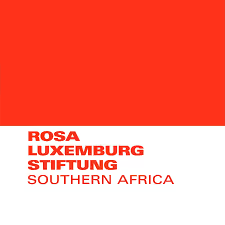Part 1 of this article examined the issues surrounding the triple planetary crisis of climate change, biodiversity loss and pollution, and why it is regarded as the biggest threat to human rights globally. The question of whether industrial activities should be permitted in national parks which harbour ecosystems that contribute to climate regulation, nutrient cycling and carbon sequestration were also explored. Part 2 discussed the non-compliance with existing legal frameworks, the general lack of a legal framework regulating this sector, the lack of community consultations, and the legal validity of the recently established Green Hydrogen Council. As pointed out in Part 1, multilateral environmental agreements such as the UN Framework Convention on Climate Change, the Convention on Biological Diversity and the UN Convention to Combat Desertification include the common but differentiated responsibilities, which recognise that developed countries are primarily responsible for environmental crises and should therefore take the lead in stopping them. This part of the article takes a closer look at the role of investors from developed countries and the neo-colonial approach that has emerged in the wake of the hydrogen hype.




.png)

